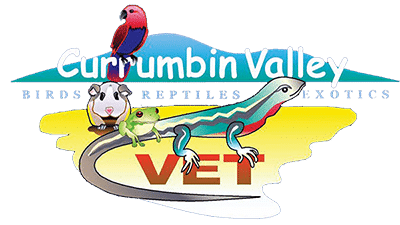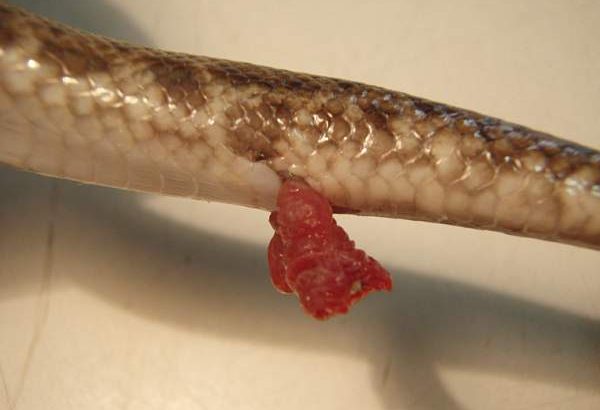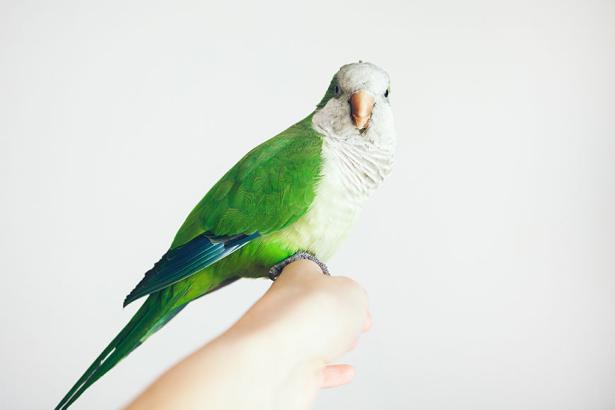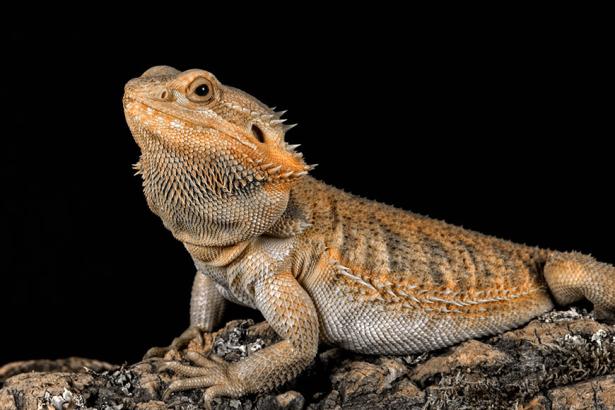Exotic pets are not like the average household animal. From birds to reptiles, these creatures require specific care to stay healthy and thrive. Owning one is not just a commitment – it’s a responsibility that demands knowledge and preparation.
At Currumbin Vet Services, we provide expert care for unusual exotic pets. This article outlines why exotic animals are becoming more popular, the essentials of their care, and how we support owners in providing the best for their pets.
Why Exotic Pets Are Becoming Popular
Birds, reptiles, and other exotic animals appeal to people looking for something different. Parrots, for example, are highly intelligent and social, while reptiles like bearded dragons have unique behaviours that fascinate their owners.
There are a number of factors involved as for the rise in popularity. The advent, and now adoption, of independent media such as YouTube, Instagram and TikTok has certainly played a role. Though one of the problems arising from influencer culture in animal husbandry is that many content creators only show the fun parts.
While these pets are captivating, they also require specialised care. If you’re considering an exotic pet, it’s important to understand their needs and work with a qualified and experienced veterinarian. It happens all too often that people want to keep exotics as pets and don’t think about the level of care necessary to give them an appropriate, long, healthy and happy life.
Essentials of Exotic Pet Care
Caring for exotic house pets means addressing their specific needs. Below are the key areas to focus on:
Nutrition
Every species has unique dietary requirements. For example, birds need a balanced diet of fresh vegetables and wildfoods, plus an appropriate seed mix for their species. Reptiles require tailored combinations of insects, plants, and supplements, specific to their age and species.
Feeding them inappropriate foods can lead to serious health issues, such as obesity in birds, or respiratory infections in reptiles. Consult your veterinarian for a proper diet plan tailored to your pet’s specific needs.
Habitat
Exotic pets need enclosures that replicate their natural environment more than people think. Their quality of life very much depends on them being happy, clean and safe in their home. They can’t build it themselves, so it’s up to you to make sure their enclosure is immaculate and correct for the exotic or exotics that you keep.
- Reptiles need controlled heat and lighting, as well as the correct humidity, in a safe, spacious enclosure.
- Birds require space to perch and move freely, with bird-safe toys, in a cage made of non-toxic materials.
An improper setup can not only negatively impact their health, but lead to dire situations and death, so it’s important to get it right.
Regular Check-Ups
Many exotic animals hide signs of illness. Regular vet visits help detect problems early and provide preventative care to avoid complications. Also, having a vet with familiarity not just with the species, but the animal itself will go a long way.
It’s stressful for animals to see the vet, especially if they have to be transported to the clinic. So it’s important to build a relationship between your life companion (or companions) and the right vet for exotic animals.
The Role of Holistic Care
Holistic care considers all aspects of your pet’s health – physical, mental, and environmental. At Currumbin Vet Services, we integrate:
- Natural remedies for stress and immunity support.
- Environmental adjustments to reduce stress.
- Tailored diets to meet specific nutritional needs.
Holistic care ensures your pet’s overall well-being, reducing the likelihood of common health issues.
Challenges of Owning Exotic Pets
Owning an exotic pet is incredibly rewarding, but it comes with its own set of challenges that can catch new owners off guard. Here are some of the most common hurdles and how to navigate them:
1. Specialised Health Care Needs
Exotic pets often require care beyond the scope of a general veterinarian. Birds, reptiles, and other exotic animals can develop specific health problems that are hard to identify and treat without expert knowledge. For example:
- Birds frequently suffer from respiratory issues due to improper air quality or diet.
- Reptiles are prone to conditions like metabolic bone disease if their diet and lighting are not carefully managed.
Ensure that you work with a veterinarian who has extensive experience in exotic animal care. Regular check-ups and a vet familiar with your pet’s species are essential for early diagnosis and effective treatment.
2. Complex Habitat Requirements
Exotic pets need enclosures that closely mimic their natural environment. Achieving this can be more challenging than expected, as many species require:
- Specific temperature and humidity levels.
- UVB lighting for reptiles to process calcium properly.
- Non-toxic materials and safe setups for birds.
An improper habitat can lead to stress, illness, or behavioural issues.So research your pet’s natural habitat extensively and invest in the appropriate equipment. Don’t hesitate to consult with your vet for advice on setting up the ideal environment.
3. Hidden Signs of Illness
Unlike cats or dogs, exotic pets often hide signs of illness as a survival mechanism. By the time symptoms become visible, the issue may already be severe.
To mitigate this, familiarise yourself with subtle behavioural changes that may indicate illness, such as changes in eating habits, activity levels, or posture. Partner with a vet who can perform regular health checks to catch potential problems early.
4. Lack of Readily Available Supplies
Finding specialised supplies like species-specific food, lighting equipment, or enclosure accessories can be difficult. Many exotic pet owners struggle to locate reliable sources for these necessities.
So before you commit to owning an exotic pet, you should research reputable online stores and local suppliers that cater to exotic pets. Build a relationship with these suppliers to ensure consistent access to quality products. Your vet may also have recommendations for trusted providers.
5. Commitment and Longevity
Many exotic pets have long lifespans and require a lifetime of care. For example, some parrots can live 50 years or more, and reptiles like tortoises may outlive their owners. This longevity requires a serious commitment.
You should consider the long-term responsibility of owning an exotic pet before making a decision. Have a plan in place for your pet’s care if your circumstances change.
By understanding and preparing for these challenges, exotic pet owners can provide a safe, healthy, and fulfilling life for their unique companions.
How Currumbin Vet Services Can Help
We specialise in the care of exotic pets, offering guidance on nutrition, habitat setup, and regular health check-ups. Whether you’re new to exotic pets or have years of experience, we’re here to support you – it’s our passion.
A Partnership in Care
Owning an exotic pet can be rewarding when you have the right knowledge and support – they also depend on it. At Currumbin Vet Services, we’re dedicated to helping exotic pet owners provide the care their animals need.
Contact us today to learn more about how we can assist you and your pet.






2 Comments
Comments are closed.